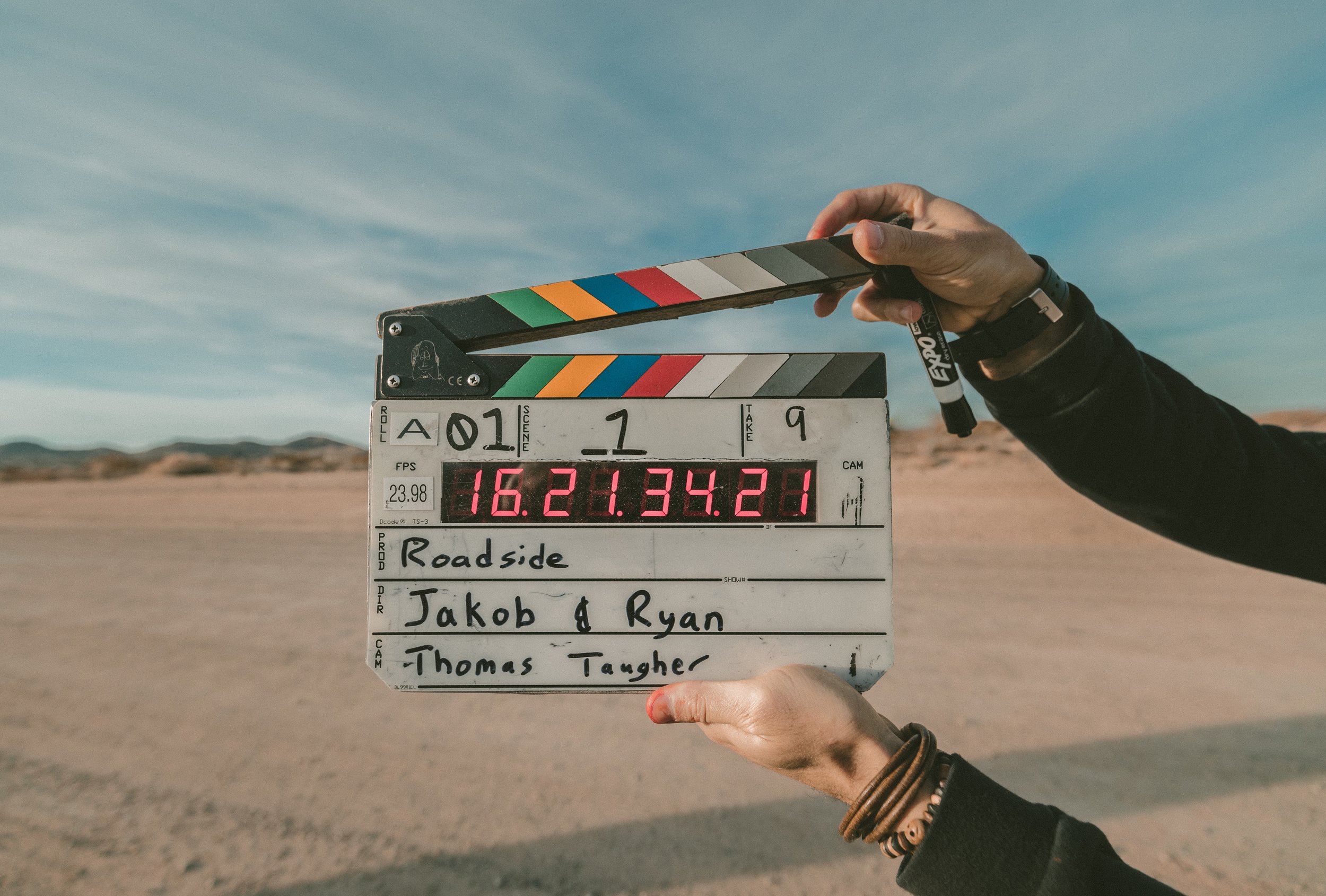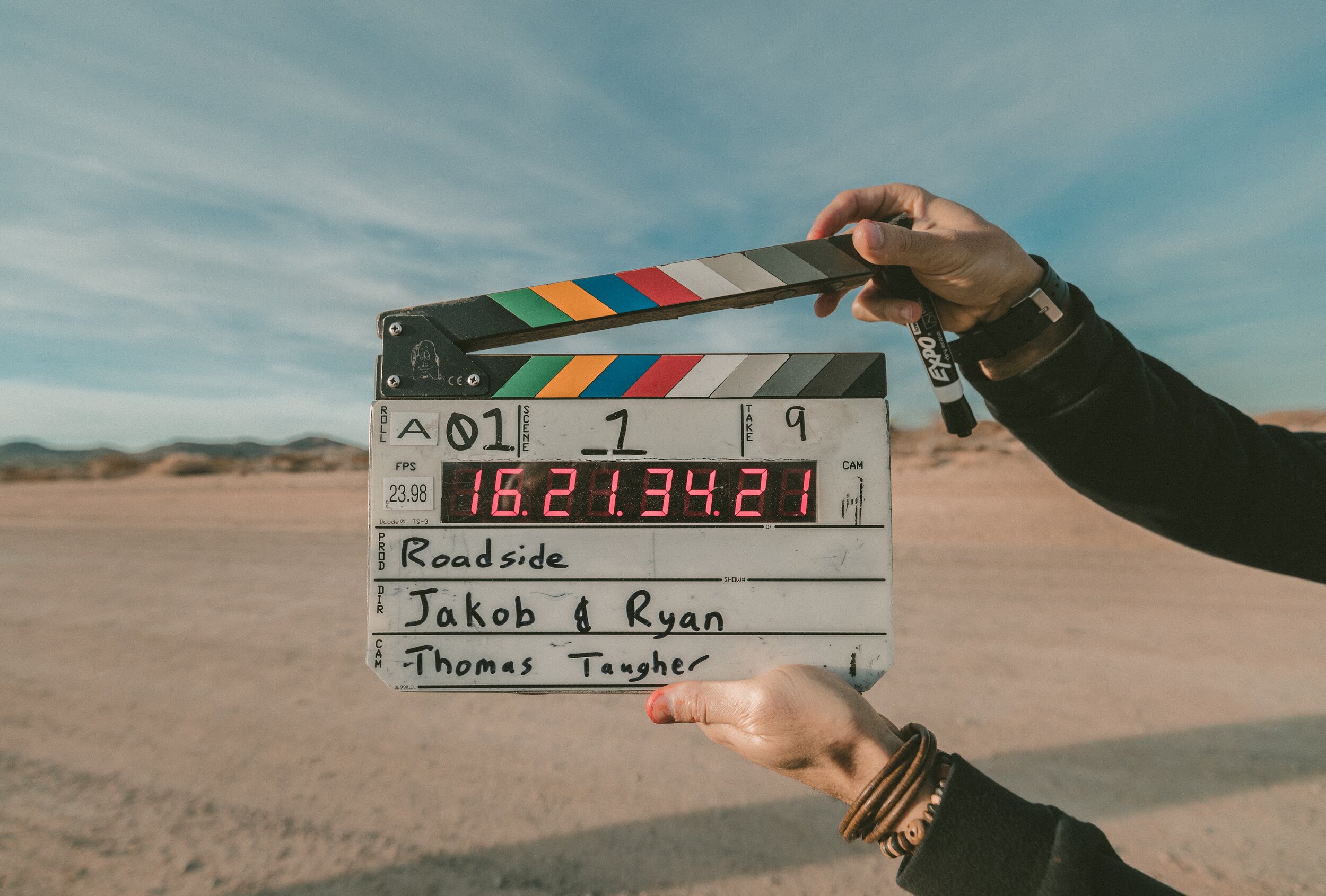Mental health has become a much more visible topic through social media and other media venues. The amazing news around this is that given the ongoing stigma around mental illness in our country, more conversations and openness are needed to help support those struggling.
Ads promoting therapy, celebrities speaking out about their own struggles with mental illness; this kind of openness raises awareness and lets others facing similar challenges know they are not alone. However, when pop culture phenomena address mental health challenges such as television shows or movies speaking about addiction or suicide, the media attention on these topics can have a negative impact on many.
What Is a Trigger?
For those experiencing mental health issues, particularly those experiencing trauma, conversations may serve as a “trigger” – some type of environmental exposure, whether this is a conversation, news coverage, social media post or other – that causes the person to respond as if they were experiencing the trauma again. Triggers bring about different symptoms depending on the individual, however, the primary effect is distress. One’s mind and body feel as though they are in crisis when triggered.
Here are some tips that can help if you find yourself triggered in a world full of pop culture phenomena.
Regulate: The first thing to do is try to regulate emotions back into a baseline, or “normal” range. The goal is removing oneself from the “trigger” moment, to rejoin the present moment. Focusing on breathing, the feeling of one’s feet on the ground are ways to do this. Or focusing on an external task can be helpful in feeling grounded in the present moment.
Disengage: Triggers are hard to avoid, especially with technology as such a focus in daily life. If a celebrity dies by suicide, this is all over social media and the news. Having a negative reaction to these stories or feeling triggered by the news is common, therefore stepping away from screen time to calm down and refocus is important.
Record: The brain is highly complex, so it can often be difficult to identify triggers in the first place. When feeling triggered, it can be helpful to take notes and gather information around when one feels distressed, things happening in the moment of distress, and the intensity of the feelings felt. Recording this type of information over a few days or weeks can help to uncover common factors to be aware of. Once these triggers are identified, they can be addressed. One might consider whether it’s possible to prevent or limit those factors causing distress. By understanding one’s own triggers, preparation can be done to manage these.
Responses to media and pop culture are different for each individual therefore each person must respond to this in ways that meet unique needs. This might mean limiting social media usage or not watching a particular television show – whatever it may be it’s important to be aware of personal triggers and how to reduce access to situations that might exacerbate these.

